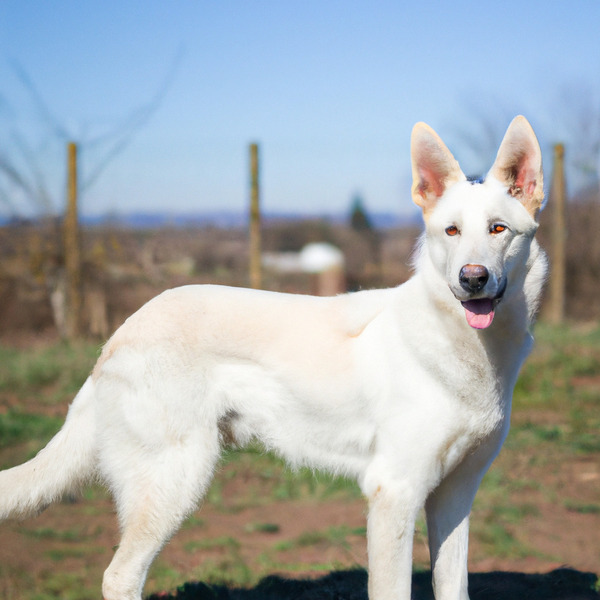Russell Terrier vs. White Shepherd: Breed Differences and Similarities
Hypoallergenic
Are Russell Terriers or White Shepherds hypoallergenic, or neither?
Unfortunately, neither Russell Terrier nor White Shepherd are hypoallergenic, which may not make them the best choice for dog lovers who suffer from pet allergies.
Ancestry
What are the origins of Russell Terrier and White Shepherd breeds?
Wire Fox Terrier, Beagle
German Shepherd Dog
Date of Birth
When were Russell Terrier and White Shepherd breeds first developed?
1800s
1900s
Litter Size
What is the usual litter size for Russell Terrier and White Shepherd?
Russell Terrier and White Shepherd, can have a litter of 12-14 puppies each on average. Nonetheless, it's important to keep in mind that litter size can differ significantly between individual dogs. Various factors such as the mother's health, breeding history, and genetics can have an impact on litter size.
Major Concerns
What are the major health concerns for Russell Terrier and White Shepherd breeds?
Patellar Luxation
Legg-Calve-Perthes Disease
Hip And Elbow Dysplasia
Osteochondritis Dissecans
Cobalamin Malabsorption
Gastric Dilation Volvulus (GDV) or Bloat
Minor Concerns
What minor health issues should be kept in mind when owning Russell Terrier and White Shepherd?
Deafness
Lens Luxation
Mast Cell Tumors
Allergies
Megaesophagus
Eye Problems
Occasional Tests
What occasional tests are recommended for Russell Terrier and White Shepherd breeds?
Eye
Hip
Blood
Knee
Hearing
X-Rays
Physical Examination
CERF
Blood And Urine Analysis
Yearly Physical Examination
OFA on hips and elbows
Past times
What are some enjoyable activities and ways to keep Russell Terrier and White Shepherd entertained?
Walking, Petting, Running, Playdate, Go to Park, Walk, Run, Road trip, Tug-of-war, Hike, Play, Nap, Chase, Fetch, Brushing, Dog Parks
Socializing, Flyball, Walk, Walking, Coddle, Fetch, Play, Walks, Dog Parks, Hike, Running, Relaxing
Compare Russell Terrier with other breeds

Rashon
Russell Terrier vs Rashon

Crested Beagle
Russell Terrier vs Crested Beagle

Bully-Tzu
Russell Terrier vs Bully-Tzu
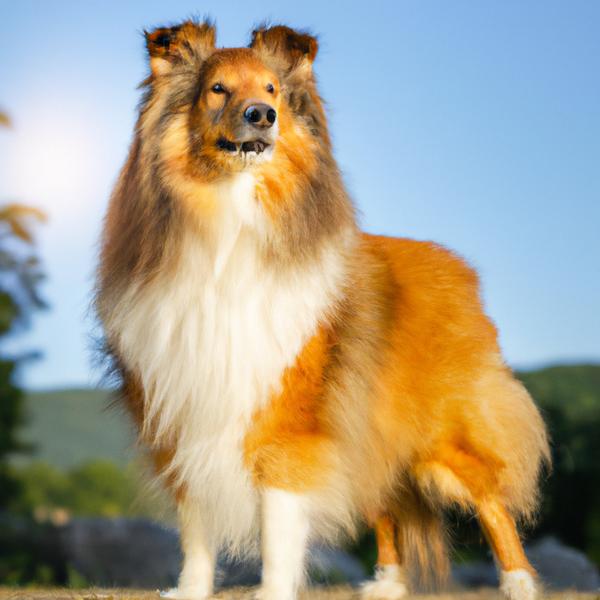
Golden Sheltie
Russell Terrier vs Golden Sheltie
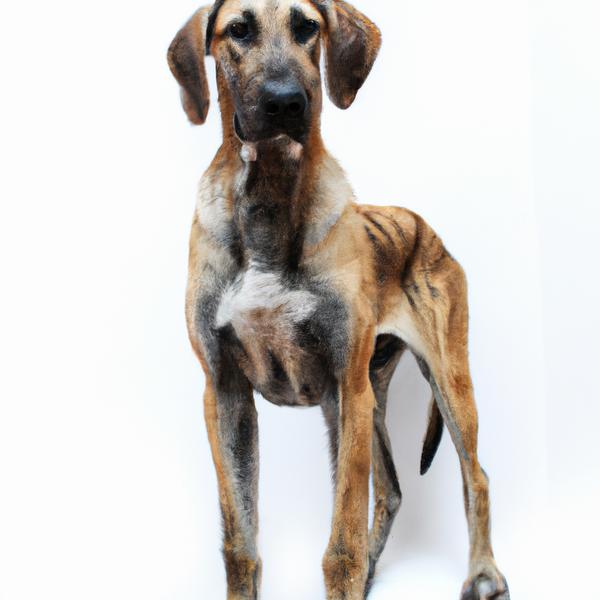
Bodacion
Russell Terrier vs Bodacion
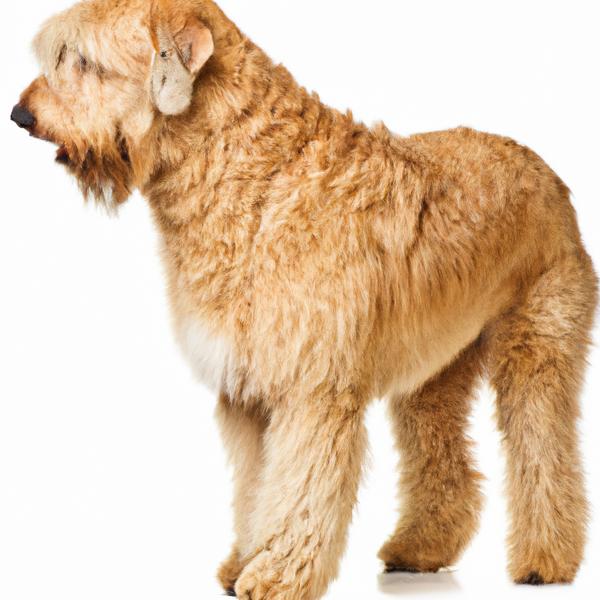
Kerry Wheaten
Russell Terrier vs Kerry Wheaten
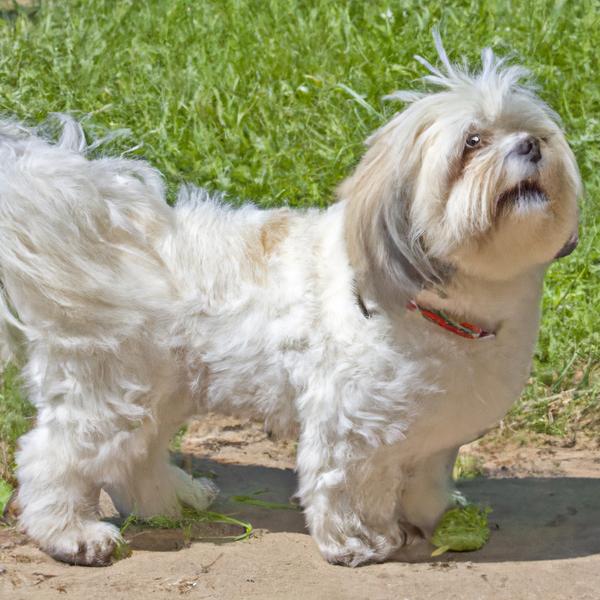
Malteagle
Russell Terrier vs Malteagle

Muggin
Russell Terrier vs Muggin
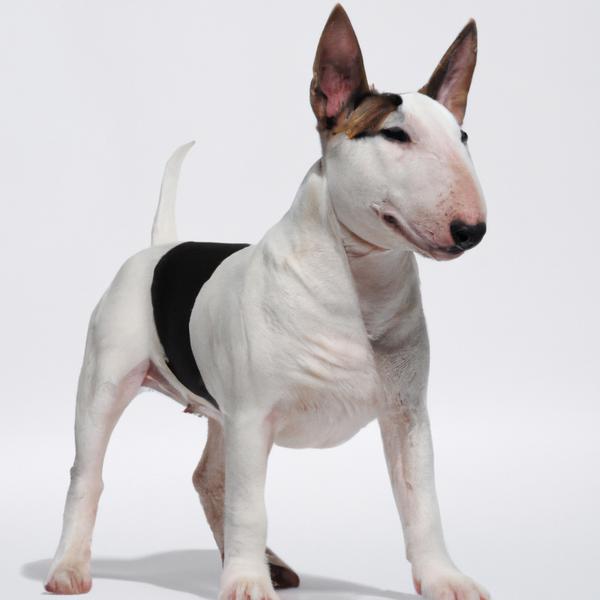
Miniature Bull Terrier
Russell Terrier vs Miniature Bull Terrier
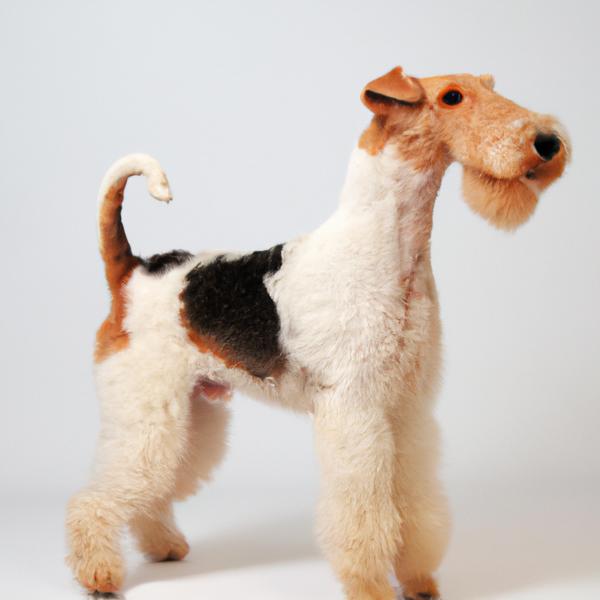
Wire Fox Terrier
Russell Terrier vs Wire Fox Terrier

Portuguese Water Dog
Russell Terrier vs Portuguese Water Dog
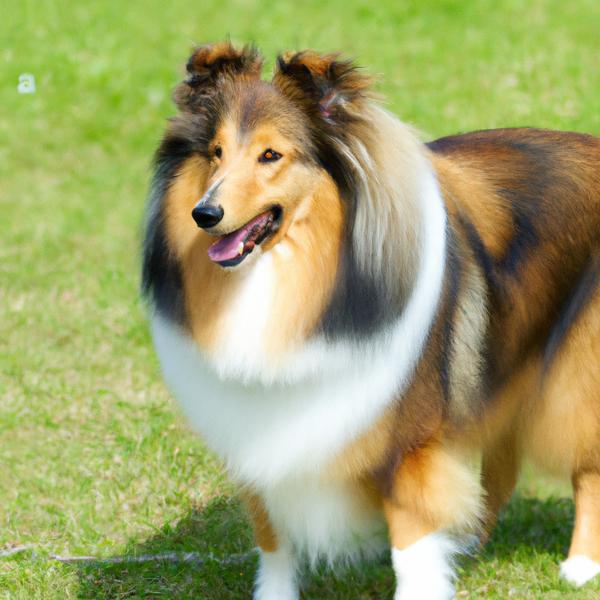
Cosheltie
Russell Terrier vs Cosheltie

